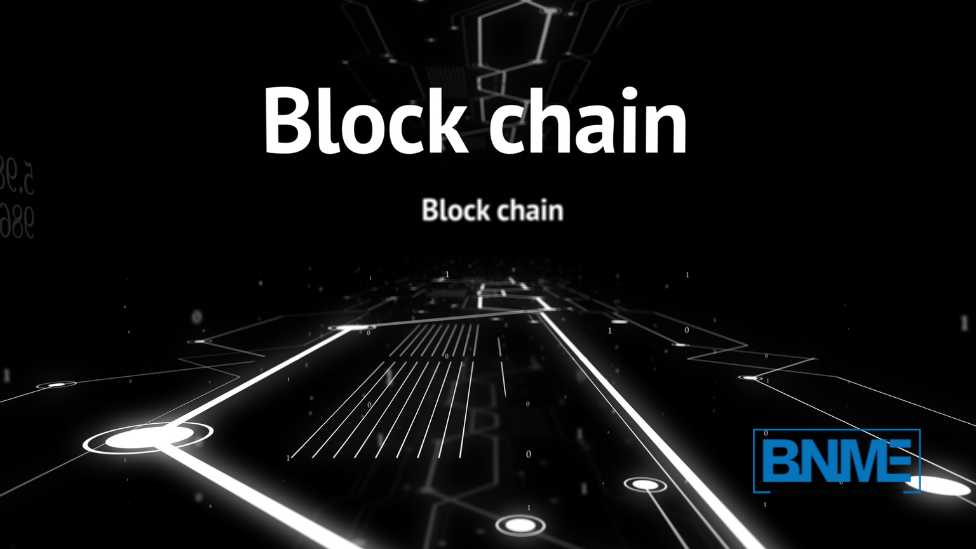By adopting blockchain technology, Jordan is advancing sustainable development. This essay will examine the main points of Jordan’s blockchain strategy, clarify its objectives, and examine actual cases that highlight how it promotes sustainability.
Jordan’s Perspective on Integrating Blockchain
The government of Jordan plans to use blockchain technology to advance sustainable development programs. The strategy seeks to address several issues and move the country closer to a more sustainable future by utilising blockchain technology’s efficiency, security, and transparency.
Integrating blockchain technology is one potential approach to improve transparency, accountability, and overall efficiency in various industries, including public services, renewable energy, and supply chain management.
Sustainability through Transparent Supply Chains
Transparent supply chains are included as a crucial component of Jordan’s blockchain strategy. Jordan hopes to improve accountability and traceability in supply chain management by integrating blockchain technology, guaranteeing ethical and sustainable operations.
Blockchain, for instance, can be used to follow the path taken by agricultural products from the field to the table. This allows consumers to make sustainable purchasing decisions by giving them dependable information about the items’ provenance, growing techniques, and modes of transportation.
Decentralized Energy Trading
Jordan’s approach might entail investigating blockchain-based decentralised energy trade. Through the facilitation of peer-to-peer energy transactions, the nation hopes to encourage the use of renewable energy sources, lessen its dependency on centralized energy networks, and develop more resilient and sustainable energy infrastructure.
With the use of blockchain-enabled smart contracts, solar-powered households may directly sell any excess energy they produce to their neighbours, encouraging a neighborhood-based approach to sustainable energy use.
Blockchain in Public Services
Using blockchain technology in public services is part of Jordan’s commitment to sustainable development. The objectives of this effort are to decrease corruption, improve transparency, and streamline bureaucratic procedures.
By using blockchain technology to provide official papers like land titles and birth certificates, fraud and corruption can be reduced and dependable public services can be provided.
Challenges and Collaborative Solutions
Jordan is embracing blockchain technology for sustainable development, but there are obstacles to overcome, including regulatory frameworks and technological scalability. Overcoming these obstacles is largely dependent on partnerships with private enterprises, international organisations, and blockchain specialists.
Jordan’s alliances with global organisations and tech companies offer a forum for information sharing and cooperative problem-solving, guaranteeing the successful application of blockchain technology in sustainable development.
Takeaways
Jordan is laying the groundwork for a more robust and sustainable future by using blockchain technology into public services, energy markets, and supply chains. It will be interesting to see how blockchain technology helps Jordan reach its sustainable development goals when the plan takes shape




























